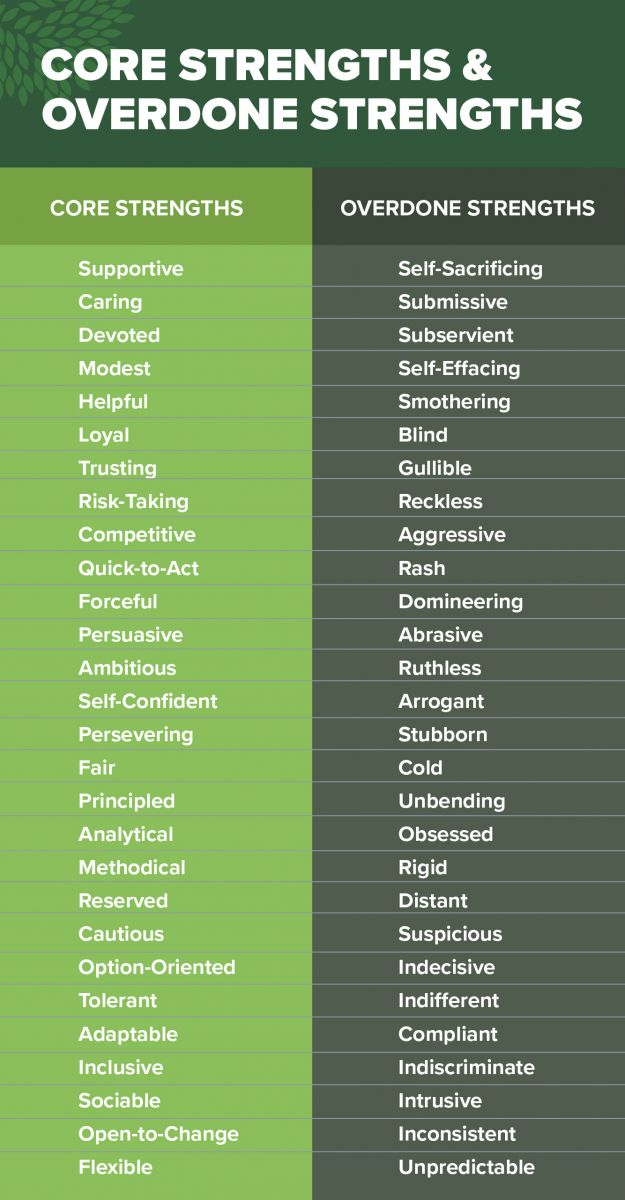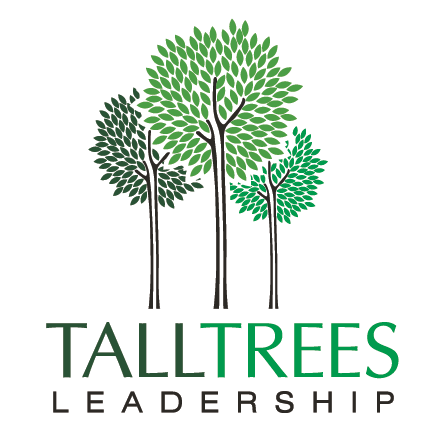
We all have 28 strengths—are you using all of yours?
What would you say are your greatest strengths?
If you’re like most people, you probably have two or three you could point to off the top of your head—ready to go from the last time you prepared for a job interview. Maybe you’d say you’re hard-working, or ambitious, or loyal.
When pressed, you might be able to come with a few more you’d be comfortable identifying as strengths. There may be other traits you think you’re “ok” at, but wouldn’t call them strengths, per se.
What if we told you that you have many more strengths than just a handful? 28, to be exact.
According to the Strength Development Inventory (SDI) 2.0 Core Strengths program, there are 28 strengths that we all have access to at any given time. It’s not about which things we’re “good” or “bad” at, but about learning how to harness a wider range of strengths—even those that may fall outside our comfort zones.
The SDI 2.0 Core Strengths program is a facilitated workshop designed to improve team performance in the workplace.
The purpose of the program is to help you uncover truths about yourself, followed by a detailed analysis of how those truths impact your workplace relationships and performance.
Here are the three main focuses of the program:
Your motives
According to the SDI framework, there are three main motives that drive our behaviour:
- People (motivation to help and serve others)
- Performance (motivation to achieve goals and see results)
- Process (motivation to establish order)
Understanding which of these motives you tend towards the most can help you find your “why”—who you are at your core and what drives you to do what you do.
How you prioritize your strengths
.png)
We all have 28 strengths we can draw on in any given situation. SDI helps you define which of those strengths prioritize and how that shapes your behaviour and performance.
For example, you may tend to use strengths like adaptable, open-to-change and risk-taking but shy away from analytical, methodical and reserved. That doesn’t mean you don’t have the ability to access all of those strengths—it just means you may have more work to do to learn how and when to draw on them.
Your overdone strengths
Rather than view the traits that hold you back as weaknesses, SDI 2.0 defines them as “overdone strengths.” The idea is that when you adhere too strictly to any given strength, you run the risk of “overdoing it”—meaning that strength starts to hold you back.
For example, if you tend to default to being supportive, you may—during difficult conversations—cross over into being self-sacrificing. If one of your most-used strengths is being quick-to-act, you may be perceived as rash during high-pressure situations.
Learning how to recognize your overdone strengths can help you make better use of other strengths during stressful times. The more you practice drawing on all 28 strengths, the better you’ll become at staying motivated and productive when things are going well and when things are difficult.

Want to learn more?
If you’re interested in learning whether the SDI 2.0 Core Strengths program may be a good fit for your team, we’d be happy to chat. Our TallTrees coaches are certified SDI facilitators and have helped many organizations improve their working relationships and workplace performance through use of the SDI framework.
You can also learn more about the program and methodology on the Core Strengths website.
